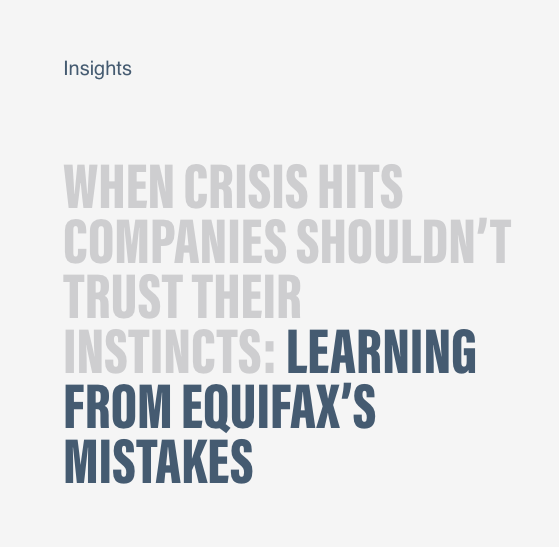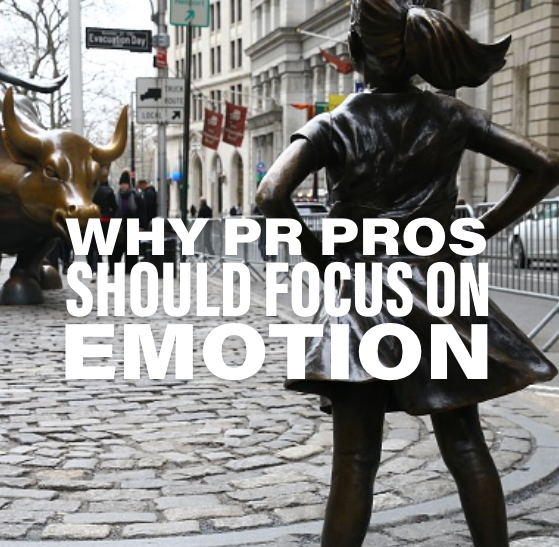How language strategy drives behavior change
Every message you communicate is a choice.
How do you encourage employees to meet generally recommended guidelines for contributing to and allocating investments in their 401k?
Compare the following statements. All have the same objective.
1. “We believe we have a responsibility to provide you with information and guidance about the most effective strategies for saving and investing to achieve your retirement goals.”
2. “We have established the investment rate and default option based on general retirement guidelines, but you may change your investment rate or stop participating in the plan at any time.”
3. “We do not want to tell you what to do with your money, but we do want to help you understand your options and make the most of the money that you do save for retirement.”
4. “Enrollment is automatic, but not required. It’s voluntary. If you don’t want to be enrolled or you don’t like any of the choices we made, you can always opt-down to a lower level or opt-out.”
All sound reasonable on the surface. But the first statement resonates with just 15% of the employees and the second and third resonate with less than a quarter each. 40% of employees say the fourth resonates the most.
Why the difference?
Look again at the statements.
The first statement is about the company not the employee. Employees may not believe that the company cares about them. Or employees may not care about the company’s motives. In either case, this message (which many companies feel is extremely important to communicate) simply doesn’t change behavior.
The last statement is all about putting the employee in control. Even though the company has acted on the company’s behalf, the language makes the employee the decision maker.
People often want to focus on communicating their intent. These messages feel good. They often don’t work. If you want the right words to drive behavior change, leave your motives behind and make the message about the audience.








